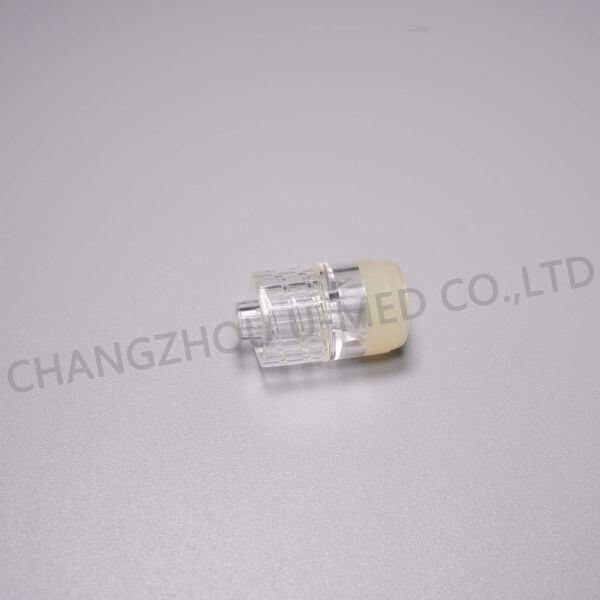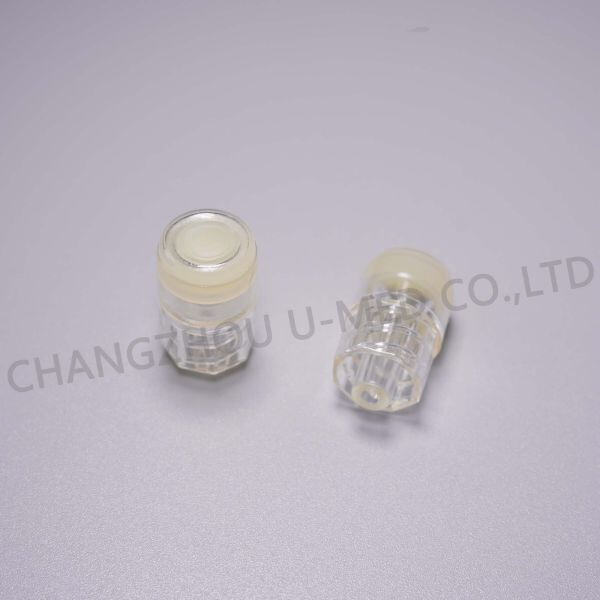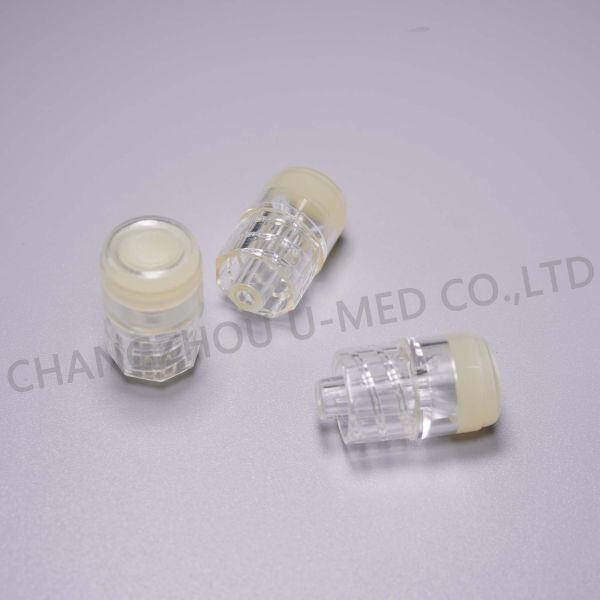Heparin caps are important instruments used in hospitals. These are very important in stopping the formation of blood clots during times when a person is receiving medicine through an IV (intravenous) line. For those who have to be in the hospital for a long time and get their IV changed daily this is especially nice. If the patient has heparin cap on their maintenance then it means that healthcare providers can be assured of continuous therapy for such patients.
A heparin cap is a small, sterile cover that fits on the tip of an IV catheter (a thin tube inserted in one's vein) to help medicine reach the bloodstream. The heparin cap has some heparin in it, which is a type of medicine that helps to prevent the blood from clotting. This is so important as this helps to maintain the lumen open keeping blood flow easy through it. Central venous catheters are commonly capped off with a heparin cap. These catheters are long skinny tubes that go in a large vein near the neck or clavicle and help doctors to give medicine slowly over time.
Finally, heparin caps are extremely necessary because they help prevent from blood clots blocking the catheter. Significant distance the blood clusters deserve its own article since when they do shape, it can prompt major issues on the grounds that it will hinder medication and liquids from getting too the patient. This can result in slight to severe consequences such as infections or harm to the own body. A heparin cap is a helpful tool that keeps the catheter open and functioning in its entirety. You also might not have to chance the catheter as often, which can be painful for patients and very expensive.

Proper usage of heparin caps is important. The nurses or the doctor will give clear cut directions on how this would be done. A heparin cap is cleaned first with an alcohol wipe before use so it can be safe. In this case, the cap can be cleansed and gently threaded back on to protect it from spills. In cases where a syringe is needed, however, once the heparin cap has been used it should be disposed of by placing in an appropriate sharp object disposal container. This is to ensure the safety of everybody and not have any mishaps.

Central lines are big tubes placed into veins to help deliver medications quickly and effectively. These lines are kept clean and clear of debris thanks, in part, to heparin caps. The purpose of heparin is to prevent the blood inside the catheter from clotting, thus maintaining an open line that functions properly. This is important to help keep germs from growing in the catheter and leading to infections that could cause very severe illness for your patient.

The amount of time that can pass before an IV catheter needs to be replaced is limited. For patients this often means changing them frequently which is painful and eats money because of repeated hospital visits. If you use the right heparin caps, this will allow your catheter to look great and last a lot longer with blood flowing amazing through it. In practice, this means much less pain and that they have far fewer trips to the doctor for replacements - in short: The treatment process can be made more pleasant and easier.